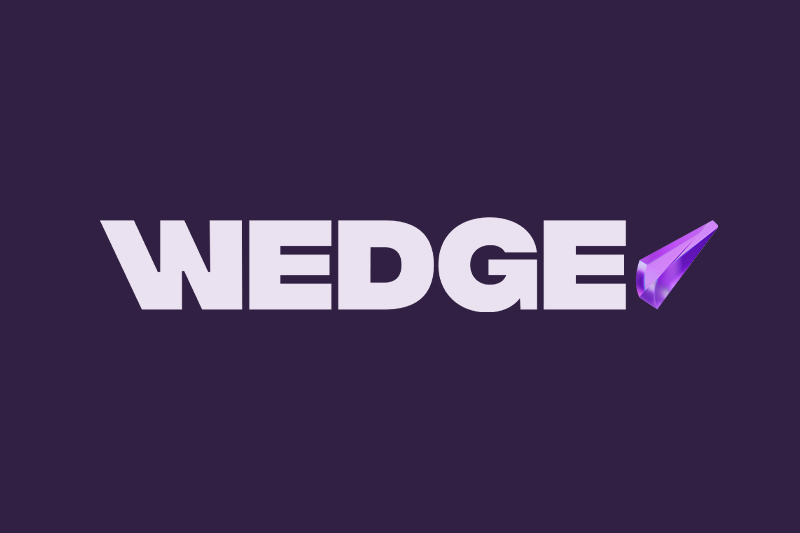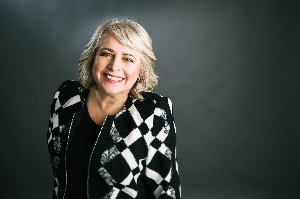
A new managed fund spearheaded by an ex-Fisher Funds manager aims to offer savers an alternative to banks promising retail access to wholesale rates.
“New Zealanders have been missing out on billions of dollars in interest every year through essentially having their money in these really low interest bank accounts,” says Wedge Managing Director David McLeish, who was head of fixed income at Fisher Funds until his departure last year.
“If they could even have just been earning the Official Cash Rate on those savings, New Zealanders, last year alone would have saved $3 billion.”
McLeish is one of four founders of Wedge Management, alongside brother Andrew McLeish, and other Fisher Funds alumni Angela Quirk and Lyle McKnee. The company is set to launch its Wedge Savings Fund in the next few weeks. The offering is a managed fund which invests in wholesale cash and high quality fixed income assets with returns paid for by the interest generated. The fund will offer a daily set rate of return and offer on-call access.
“We're going out there investing into those wholesale markets, because we've got the connections, we've got the networks, we've got the pipes, and we're delivering that better return to investors in a retail product.”
“There's this massive disconnect between what you can get, what a wholesale or institutional investor can get, and what a retail investor can get,” says McLeish. “So we're essentially just bridging that gap.”
“We're going out there investing into those wholesale markets, because we've got the connections, we've got the networks, we've got the pipes, and we're delivering that better return to investors in a retail product.”
The company is exploring options for distribution channels, including talking to advisor networks, institutions, KiwiSaver providers as well as launching its own app for retail savers to access the fund directly.
“As you can imagine, KiwiSaver providers that don't have the internal investment management capabilities themselves, are looking for low cost, attractive products, and this is very low cost, because it's a fit rate of return, which means that it's after all ordinary fees and expenses.”


